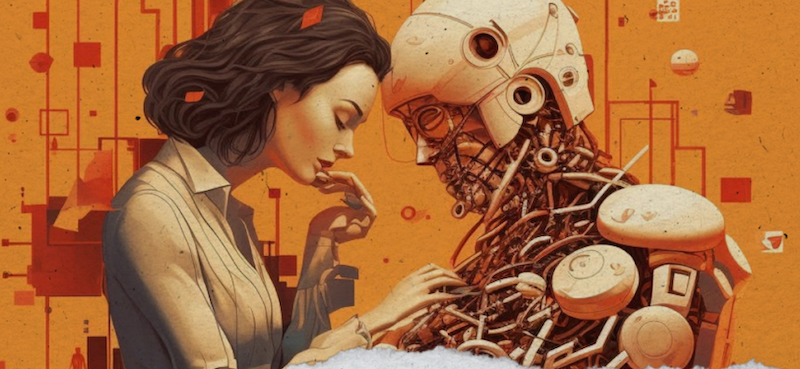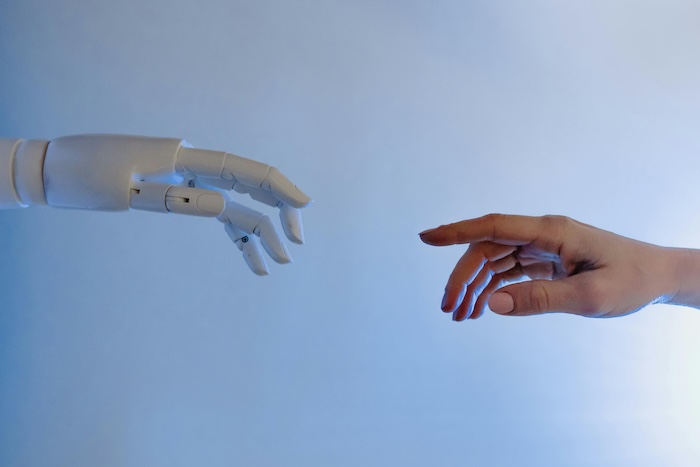
Blog
Are AI Companions Replacing Cuddle Therapists?
For thousands of years, humans have looked for connection. Whether through romantic partnership, friendship, or communal ritual, we have depended on each other not just for survival, but for meaning. Now we are standing at a new crossroads where artificial intelligence is stepping into the realm of human intimacy. AI companions, such as Replika, are not just chatbots—they are designed to provide companionship. They remember our conversations, offer words of encouragement, and, in some cases, even express affection. But can they truly replace human connection? More specifically, can they replace the kind of care and comfort that professional cuddle therapists provide?
As a cuddle therapist, I offer people something very simple but deeply necessary: human touch. We know that touch releases oxytocin which lowers stress and fosters feelings of belonging. In a world that more and more prioritizes the digital over the physical, the work of cuddle therapists has become even more essential. However, I can’t ignore the growing role AI companions play in providing emotional support.
Like my favorite author, Yuval Noah Harari, says in Homo Deus, technology is no longer just a tool—it is becoming an active participant in our lives. "The line between organic and artificial is dissolving," he writes, highlighting how humans and machines are starting to evolve together. AI companions, in many ways, are not just digital assistants; they are becoming emotional support tools. They can be programmed to listen without judgment, to provide comfort when no one else is there, and to reinforce the illusion of unconditional presence. But can this replace real intimacy?


